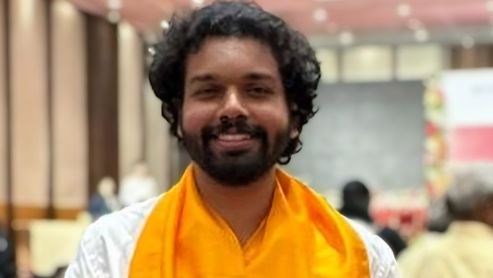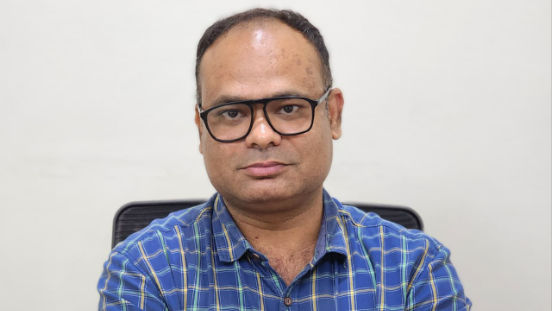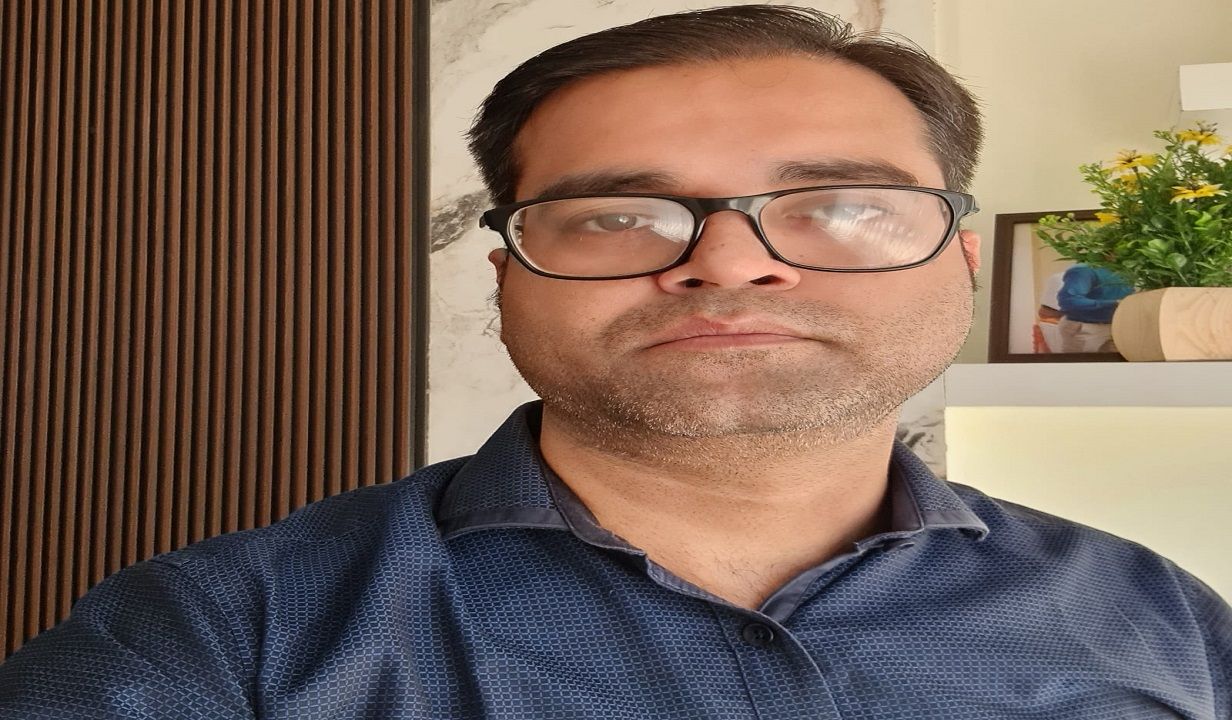Mental Health
World Mental Health Day 2023: A Psychiatrist Answers 5 Most Commonly Asked Questions
3 min read
By Dr Debanjan Banerjee, Consultant Psychiatrist, Apollo Multispecialty Hospitals, Kolkata - 09 October 2023
Share this article
0
0 like

Mental health includes our emotional, psychological, and social well-being. It affects how we think, feel, and act. It also helps determine how we handle stress, relate to others, and make healthy choices. However, the National Mental Health Survey conducted in 2015-16 shows that one in five Indians suffer from some mental illness in their lifetime. Nationwide, the treatment gap for mental illness is nearly 85%, which means that only 15, among hundreds of people with mental health conditions, receive proper treatment. Stigma and misinformation cloud understanding of mental illness which delays help-seeking and promotes more health burden and poor quality of life.
This World Mental Health Day, Dr Debanjan Banerjee, a consultant psychiatrist, associated with Apollo 24|7, will be answering the five most frequently asked questions by the patients and their families.
Q1. Why did he/she suffer from depression/anxiety? He/she had a very fulfilling life! Nothing to worry about!
Dr Banerjee: Unlike health conditions like diabetes, hypertension, stroke and arthritis, mental illness does not always have or need a cause. While factors like stress, prolonged physical illness, loss of a loved one, adjustment problems, abuse, breakups, financial struggles, and work-life imbalance may trigger depressive or anxiety disorder, the presence of an immediate causative factor is not essential. Notably, a person with a visibly perfect life may also suffer from a mental health condition and should be treated for the same.
Q2. Psychiatric medications are dangerous and can lead to addiction. So they are better avoided.
Dr Banerjee: This is yet another popular and concerning myth! A lot of individuals stop their mental health medicines, which are prescribed by doctors, due to some undue fear or misinformation. Like any other medication, psychiatric medicines also have both benefits and side effects.
However, contrary to popular belief these medicines are not addictive, harmful or damaging to the brain when used in doses as prescribed by your psychiatrist. Stopping these medicines without completing their due course can lead to the recurrence of symptoms. Hence, it is advised to consult your psychiatrist before stopping your medicines.
Q3. Can your mental health change over time?
Dr Banerjee: Yes, it is important to remember that a person’s mental health can change over time, depending on many factors. When the demands or expectations placed on a person exceed their resources and coping abilities, their mental health could be impacted. For instance, if someone is working long hours, caring for a relative, or experiencing economic hardship, they may experience poor mental health.
Q4. What causes mental illness?
Dr Banerjee: There is no single cause for mental illness. A number of factors that can contribute to increased risk for mental illness include:
- Adverse childhood experiences such as child abuse, sexual assault, or witnessing violence
- Experiences related to other ongoing (chronic) medical conditions, such as cancer or diabetes
- Biological factors or chemical imbalances in the brain
- Use of alcohol or drugs
- Having feelings of loneliness or isolation
- Some influence of genetics (most mental illnesses are not directly hereditary)
Q5. People with mental illness do not get cured and need to take medicines for a lifetime.
Dr Banerjee: Unlike an infection like typhoid or malaria, mental illnesses do not have a fixed duration/course of medicinal treatment. Here, the concept of cure lies in ‘controlling the symptoms’ with the help of medicines. People with depression, anxiety disorders, and even schizophrenia can live a satisfactory and meaningful life with the help of medicines.
Takeaway
A sound mind is necessary to live a healthy and happy life. This World Mental Health Day, the theme is mental health is a universal right. This makes it a collective responsibility for all of us to seek help when necessary, fight the stigma against mental health, bust the myths, and spread the word of awareness!
For more information,
Mental Health
Consult Top Psychiatrists
View AllLeave Comment
Recommended for you

Mental Health
Is There a Relationship Between Kidney Function and Dementia?
A recent study revealed that a decline in kidney function can increase the risk of dementia in older people.

Mental Health
Stop Taking Stress! It Only Increases Your Risk Of This Incurable Brain Disease!
Chronic stress can make you prone to Alzheimer’s disease. The article explains the correlation between the two conditions and suggests ways to reduce stress naturally.

Mental Health
Alzheimer’s Disease: What Causes It And Can It Be Prevented?
While scientists continue to research the reason for the onset and progression of Alzheimer’s disease, there are some early signs which one should look out for.
Subscribe
Sign up for our free Health Library Daily Newsletter
Get doctor-approved health tips, news, and more.
Visual Stories

Health tips to manage stress
Tap to continue exploring
Recommended for you

Mental Health
Is There a Relationship Between Kidney Function and Dementia?
A recent study revealed that a decline in kidney function can increase the risk of dementia in older people.

Mental Health
Stop Taking Stress! It Only Increases Your Risk Of This Incurable Brain Disease!
Chronic stress can make you prone to Alzheimer’s disease. The article explains the correlation between the two conditions and suggests ways to reduce stress naturally.

Mental Health
Alzheimer’s Disease: What Causes It And Can It Be Prevented?
While scientists continue to research the reason for the onset and progression of Alzheimer’s disease, there are some early signs which one should look out for.



